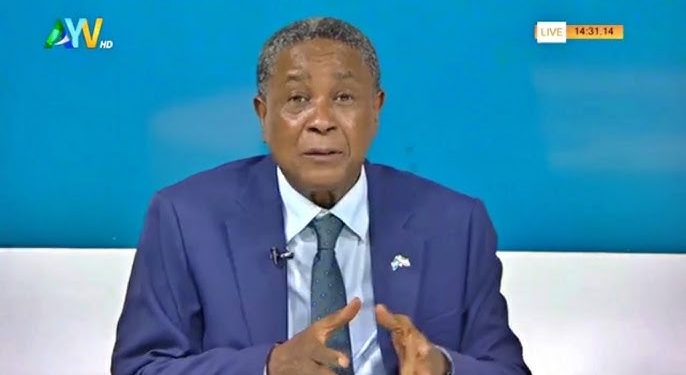By Hassan Osman Kargbo
A recent statement by Presidential Spokesman Alpha Kanu, claiming that “over 70 percent of Sierra Leoneans are now employed,” has triggered widespread criticism, with many describing the remark as misleading and detached from the country’s current socioeconomic realities. Critics argue that such claims, when made without supporting data, risk distorting public perception and undermining the urgency of the unemployment crisis facing the nation.
Kanu’s comments, which were delivered in a public engagement earlier this week, have drawn backlash from civil society groups, citizens, and policy analysts, who point out a glaring contradiction between his assertion and existing reports from credible international organizations.
According to data from the United Nations Peacebuilding Fund, over 70 percent of Sierra Leone’s youth population—estimated at 1.5 million—are either unemployed or underemployed. The same report highlights that nearly half of this demographic is illiterate and lacks the skills necessary for meaningful employment. Furthermore, even those counted among the employed are often referred to by the German development agency GIZ as the “working poor,” a term used to describe individuals whose income remains insufficient to meet basic living standards.
This stark reality directly contradicts Kanu’s optimistic portrayal of the employment situation, prompting calls for clarification, retraction, or correction. Critics say that false or inflated statistics from public officials are not only misleading but also dangerous, as they can shift focus away from necessary policy interventions and hinder the fight against poverty and youth disenfranchisement.
“The statement by Alpha Kanu dangerously misrepresents the grim employment reality in Sierra Leone,” said one civil society leader. “Such misinformation undermines public trust, silences genuine struggles, and delays the urgent actions required to address youth unemployment.”
Some media personalities and fact-checking organizations have also been urged to play a more active role in curbing the spread of misinformation. Institutions such as the Sierra Leone Association of Journalists (SLAJ), Dubawa, and Africa Check are being called upon to go beyond occasional fact-checks and ensure that misleading public statements, especially those from government officials, are thoroughly and swiftly scrutinized.
“Words have power,” a journalist remarked. “When public figures use them irresponsibly, the consequences go beyond political spin, and they fuel public mistrust and make it harder to build a transparent and accountable system.”
The call for accountability has grown louder, with many urging watchdog bodies and civil society to demand not just a correction of Kanu’s statement but also a recommitment to honest, data-backed communication by all public officials. Transparency and truth, they argue, must be the bedrock of good governance.
Sierra Leone’s unemployment and underemployment challenges are complex and deeply rooted in structural issues, including limited access to quality education, a weak private sector, and a struggling economy. Solutions will require long-term investment, youth skills development, and the creation of sustainable jobs—not the painting of a rosier picture than reality affords.
In the face of such challenges, citizens expect not inflated statistics, but transparency, acknowledgment of the problem, and credible plans to address it. Any attempt to dismiss or downplay the scale of unemployment risks alienating a large portion of the population—especially the youth—whose hopes for a better future depend heavily on the policies and honesty of their leaders.










